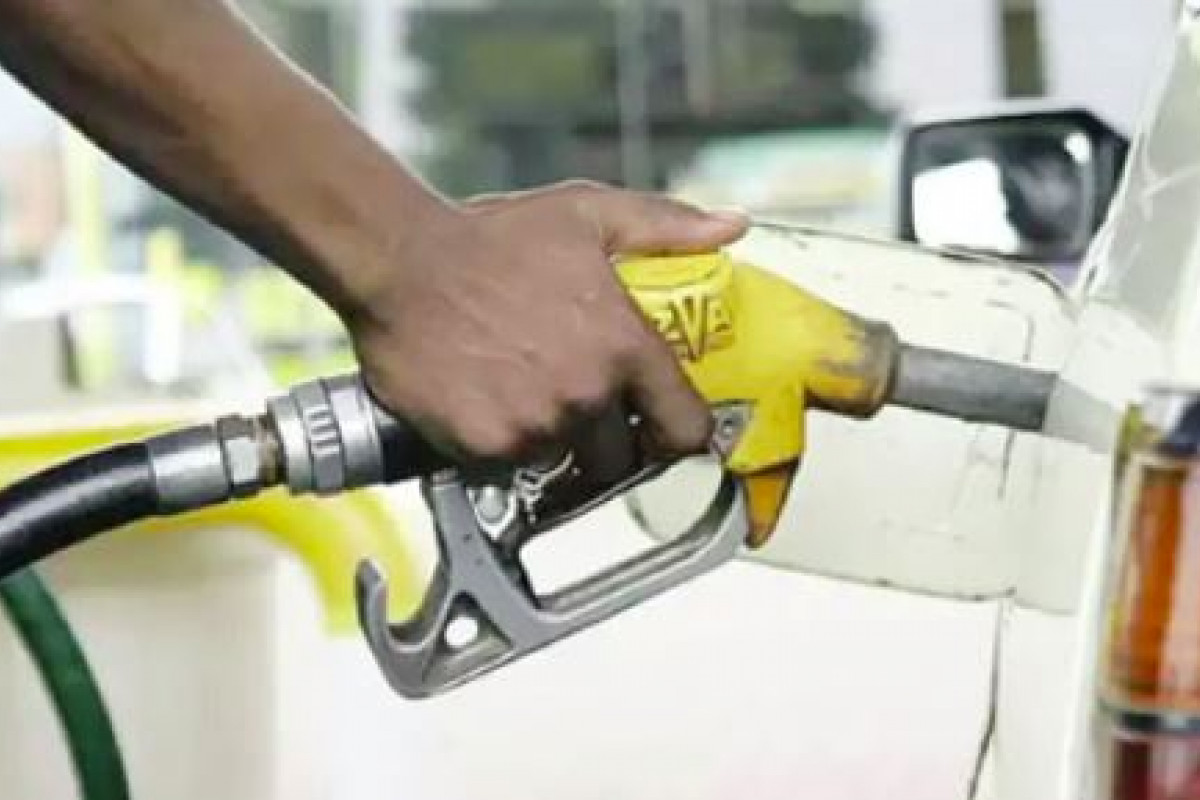The consistent and sustainable supply of energy is a critical factor of any economy's well-being. Fuel prices have become an issue of concern in Zimbabwe. Zimbabwe has no local gas or oil reserves and is entirely reliant on imports for this type of energy. The bulky of Zimbabwe's refined petroleum and diesel oil is supplied by a pipeline from the Mozambican port of Beira to Mutare; the rest is supplied by South Africa. Any increase in oil on the international price of oil on the international market leads into an increase in domestic fuel costs.
Zimbabwe's energy regulator has hiked fuel prices with immediate effect to USD$1.65 per litre of petrol and USD$1.76 for diesel, the first huge change in months in response to rising oil prices on the international market. Few service stations accept the Zimbabwe dollar, but those that do charge ZWL$, 8160.44 for a litre of diesel and ZWL$ 7,648.14 for a litre of petrol. Operators are permitted to sell petroleum products at prices lower than the cap.
The Zimbabwe Energy Regulatory Authority (ZERA) announced on Thursday, September 7th, that the pricing for September 2023 will be based on the M-1 and will be applicable until 3 October 2023. The public and operators have been informed that the blending ratio is E20. According to ZERA, the move was prompted by the central bank's removal of a subsidy and a preferential exchange rate for fuel importers. The global average price of diesel and gasoline is significantly lower than ZERA's prices. The disparity in prices is due to the varied diesel taxes and subsidies. The upward review of Zimbabwe’s fuel price comes as the average Brent Crude oil price rose from US$79.75 to US$ 84.78 during the period under review, because of tightening supply resulting from production cuts by Saudi Arabia.
The price increase will worsen the country's inflationary pressures and stifle growth. As a result, the cost of production and living will rise, negatively affecting business viability and eroding disposable incomes, threatening many people's livelihoods. Prices for basic goods and services will rise as gasoline prices rise and the exchange rate worsens. Many farmers cannot operate the basic machines required to grow and harvest crops without gasoline. Many rural communities rely on agriculture as their primary source of food, and farms are unable to power their irrigation systems in order to compensate for inadequate rainfall.
The government and ZERA must work together to find sustainable solutions to ensure that fuel remain affordable and accessible to all citizens.
Key Terms
• M1 means method the month preceding the current month, which in this case would be August
• E20 means that is, 20% ethanol and 80% gasoline
• BRENT Crude oil means is the most traded of all of the oil benchmarks
- Sectorial-Based Salary Survey Reports
- National Salary Survey Report (Consolidation of 13 Sectors)
- Non-executive Directors Fees Survey Report
- Human Resource Policy Documents

